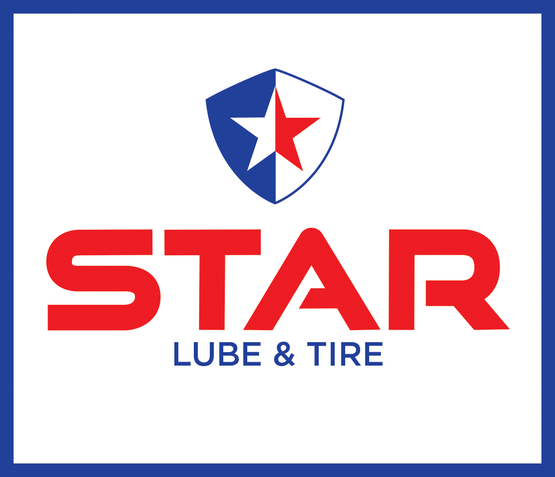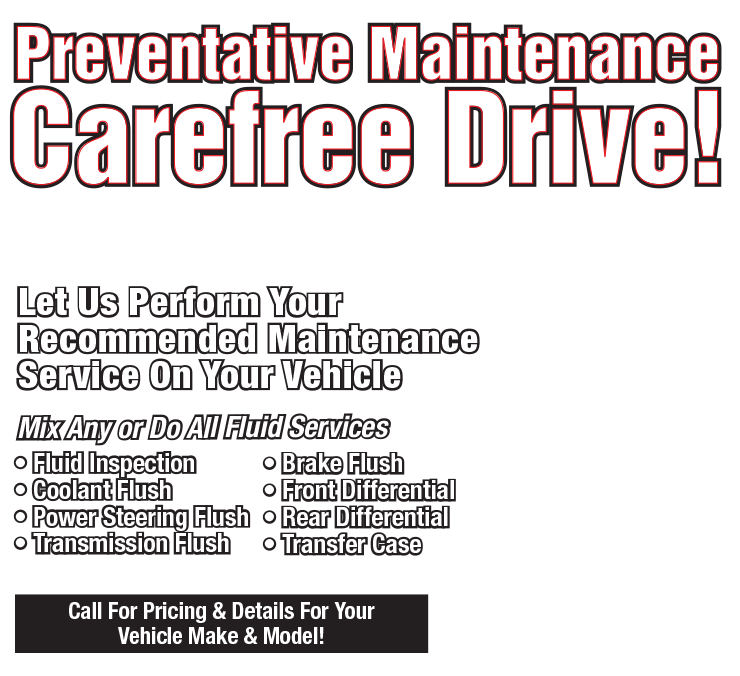Fuel Injectors
September 4, 2022
The last new American vehicles sold in Branson with a carburetor rolled out of the MO dealerships in 1990. Since then, all new vehicles here in Branson, and nationally, have had fuel injectors. In very simple terms, a fuel injector is a valve that squirts fuel into your engine. Your engine control computer tells the fuel injector how much gas to deliver as well as the precise time it should be delivered. Of course this happens thousands of times a minute. Fuel injectors deliver fuel far more precisely than carburetors. That translates into better fuel economy and more power for Branson drivers. Virtually all fuel injectors for gas engines are known as port fuel injectors because they deliver the fuel to a port just outside the cylinder. Port fuel injectors operate at about 40 to 80 pounds per square inch of pressure.
A few vehicle manufacturers have introduced gas direct injection systems on some engines recently. These systems inject the gas directly into the cylinders under very high pressure - hundreds of times the pressure of port injection systems. Although more complicated, direct injection technology promises greater power with improved fuel economy, so MO drivers can expect to see more of it in the future.
As Branson residents can see, the level of precision required of fuel injectors is very high. It's important that they operate properly in order for your vehicle to run right.
High temperatures under your hood and variations in Branson gas quality cause fuel injectors to become fouled with wax, dirt and carbon. Injectors can become partially clogged, preventing them from delivering the proper amount of fuel at the correct pressure. The design of each engine requires a specific spray pattern from the fuel injector that might be altered when the injector is dirty. When injectors are dirty, the fuel doesn't burn as efficiently, resulting in poor fuel economy and loss of power. So it is important to keep your vehicle fuel injectors clean.
Skilled service technicians at Star Lube Branson in Branson can perform a fuel system service for you. That is a fuel system service - not just fuel injector cleaning. That is because the fuel has a lot of ways to become dirty or contaminated between the Branson gas pump and your fuel injectors. A fuel system service at Star Lube Branson starts with a fuel filter replacement. This filter cleans the gas as it leaves the tank. The various parts of the fuel intake system need to be cleaned from time to time to remove harmful gum deposits and varnish. Finally, the fuel injectors are cleaned so that they operate properly for you and deliver the right amount of fuel at the right time.
Our pros at Star Lube Branson use a process for cleaning your vehicle fuel system that includes state-of-the-art cleaning chemicals as well as some old fashioned scrubbing. Proper maintenance of your fuel system means that you will enjoy strong performance and prevent repairs down the road.
Star Lube Branson
598 State Hwy 165
Branson, MO 65616
417-239-2886
https://www.starlubebranson.com
Need Service?
More articles from Star Lube & Tire of Branson

A Clean Start (Battery Cleaning)
February 1, 2026
Your vehicle is loaded with electrical devices. Computerized components are everywhere, so good electrical connections are important. Those begin with your vehicle's battery, so it's important that its connections are in top shape. Ever had a flashlight that didn't work, took out the old batteri... More

Thoughtful Gifts for the Winter Driver
January 25, 2026
You may be one of those romantics who don't like giving (or getting) practical gifts for special occasions. Just wait until one of those gifts helps you out of a big predicament in cold weather, and you realize that practical gifts can be life savers. Here are a few things you may give the cold-... More

I Can See Clearly (Wiper Blade Replacement)
January 18, 2026
Warm weather can bring severe storms, and when the rain is coming down hard, that's one time you really need to be able to see as clearly as possible out your windshield. Having wiper blades that are fit for the job are important to maintain that safe view. Maybe you live in a climate where you ... More








